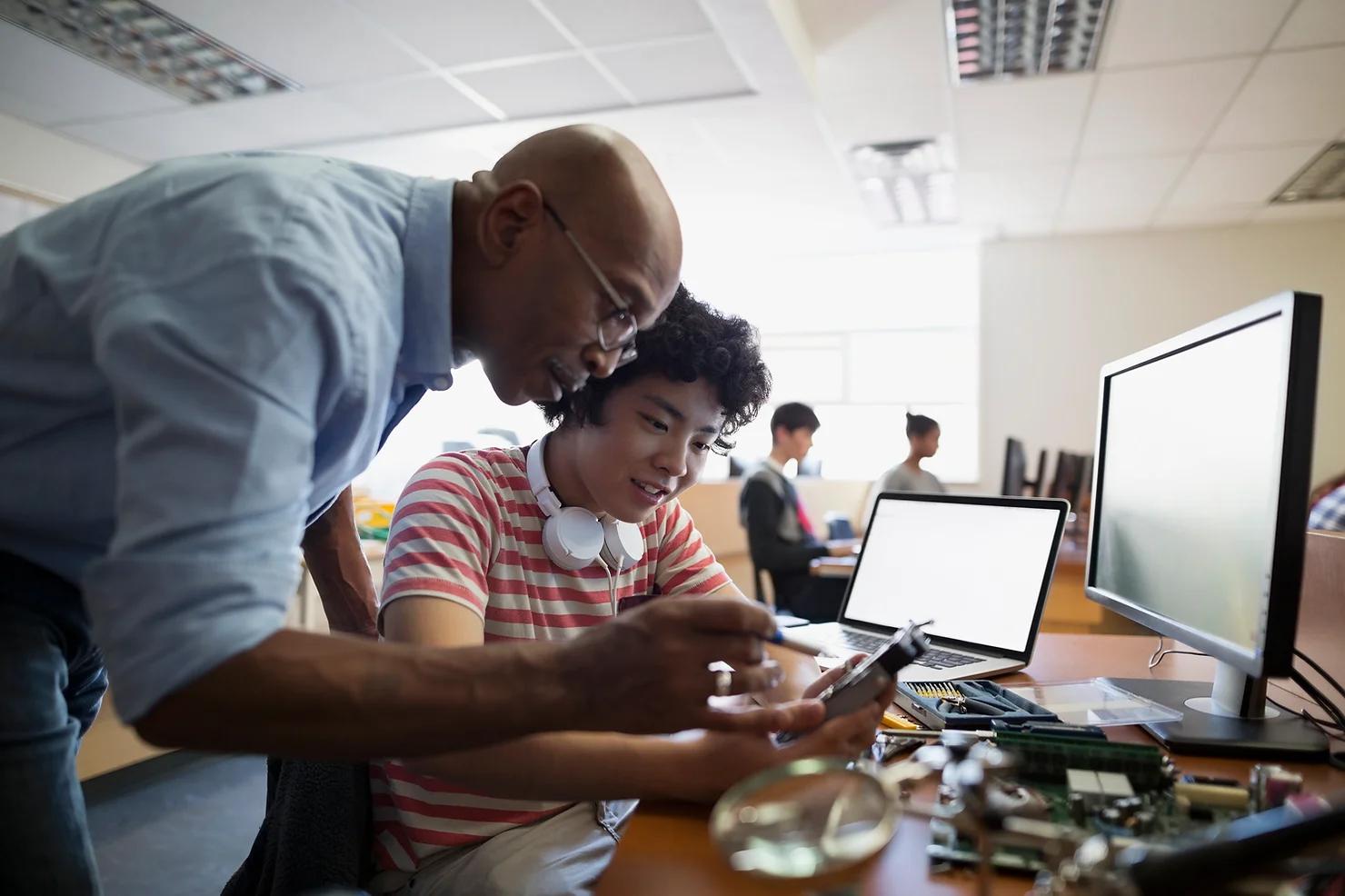
Introduction
Social emotional learning (SEL) is a comprehensive approach to teaching children how to navigate the world, manage emotions, and develop skills such as self-expression and empathy. SEL has been shown to improve children's academic performance, behavior, and relationships.
Here are some excellent ways to instill SEL in your child:
1. Use SMART Goals
SMART goals are specific, measurable, achievable, relevant, and timely. It’s a great way to help your child set goals for themselves. They give kids clear ways to build on their strengths, reach important developmental milestones, and reach educational goals.
SMART goals can serve as a springboard for parent-child discussions about social-emotional skills.
2. Teach self-regulation
Emotions and behavior can be controlled through self-regulation. This is a skill that can be learned and applied to all aspects of life. In general, the better a person is at self-regulating, the better off they are in life.
3. Incorporate Art Activities
Art can be a powerful tool for teaching social emotional learning. It can help children express their emotions and communicate with others. If you take the time to incorporate art activities into your child's education, they will develop a sense of self-worth as well as an appreciation of the world around them.
At Good Hope Tutoring, our Virtual Summer Camp is the perfect mix of fun and learning in core subjects like English Language Arts, Math, Science, and Social Studies.
4. Teach children how to manage emotions in healthy ways
Emotions are an important part of life, and they can be healthy or unhealthy. When we feel emotions like anger, sadness, or happiness, we need to learn how to manage them in a way that is good for us and others.
We all have different ways of managing our emotions: some people might cry when they’re sad; others might hit something; still others may take time out from their busy day by going out for a walk in nature or reading a book on mindfulness (a form of meditation). However, it's important to help your child create healthy methods for managing emotions.
5. Teach Self-Management.
Self-management is a set of skills that helps you deal with your emotions and manage your behavior. These skills help you focus on the task at hand, work towards goals, and be more productive.
Self-management takes place when an individual can use his/her resources (e.g., ability) to accomplish something specific.
6. Establish Conflict Protocols
Children are going to have conflicts in school and at home. Conflict can be something as simple as a disagreement over who gets to eat the last piece of candy. By establishing a formal protocol to handle potentially explosive situations, you can help your child build skills that could prevent future problems.
7. Provide choices on how to learn content
One of the best ways to help your child learn social emotional learning is by giving them choices on how they learn. When you teach kids how to make good decisions, they begin to understand that there are consequences for their behavior—and it's up to them as individuals whether or not those consequences are positive or negative.
8. Offer mindfulness exercises daily
Mindfulness is a form of meditation that anyone can practice, regardless of age. The practice can help improve mental health, focus, and concentration. Many mindfulness exercises are beneficial for kids, and they can be done at home or in a group setting.
9. Celebrate Diversity
Celebrating diversity within our society will help children realize how much more there is out there. Children need to know that they can be themselves, whatever that means for them. It's also important for children in schools because if every student does their best work, then everyone wins.
10. Promote Social skills
Social skills are important for children's development, as they help them make friends and be accepted by others. These skills can also help children make good decisions in their lives.
There are many useful social skills that you can teach your child, including listening and showing respect. Listening skills and showing respect to others are two of the most vital social skills.
We also help students improve their social skills and teamwork abilities through our FREE Virtual Game Night.
Conclusion
In conclusion, social emotional learning is a critical skill that every child needs to learn. It’s important to remember that children all have different strengths and weaknesses, but can all benefit from practicing these skills to become more balanced with good coping mechanisms.
Read more about Social Emotional Learning And Why It's Important.


